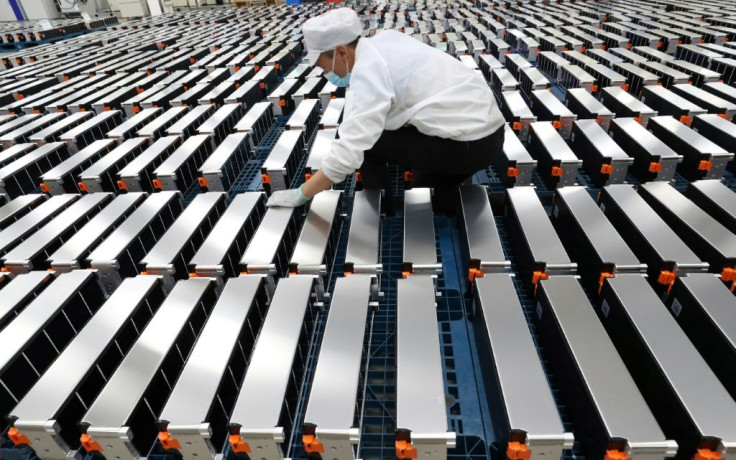Global Trade Rules Can Help Fight Climate Change: US Trade Chief
International commerce incentivizes countries to erode environmental protections to attract investment, and global trade rules are needed to counter that "race to the bottom," US Trade Representative Katherine Tai said on Thursday.
"The view that environmental issues are not an inherent part of trade ignores the reality that the existing rules of globalization incentivize downward pressure on environmental protection," Tai said in a prepared speech.
"This puts countries with higher environmental standards at a competitive disadvantage," she said in the address to the Center for American Progress, a progressive Washington think tank.
She said she was committed to strengthening rules in the World Trade Organization (WTO) to combat issues like illegal logging and overfishing.
However, the rules are ineffective if they are not enforced, she said.

"Going forward, trade has a role to play in discouraging the race to the bottom and incentivizing a race to the top," Tai said.
"But we have to be mindful that we will only truly address the global scale of this problem through global rules."
US President Joe Biden has announced a massive infrastructure and jobs plan that would focus on creating employment through expansion of renewable energy and other environmental projects "to reimagine and rebuild a new economy," she noted.
But domestic policies are not sufficient, and environmental standards must be a factor throughout international supply chains, to ensure reliable access to key technologies, which "will be essential for our transition to net zero by 2050."
"We must conserve the resources we do have and work with our trading partners to do the same -- to both mitigate and adapt to climate pressures," Tai said.
© Copyright AFP {{Year}}. All rights reserved.





















